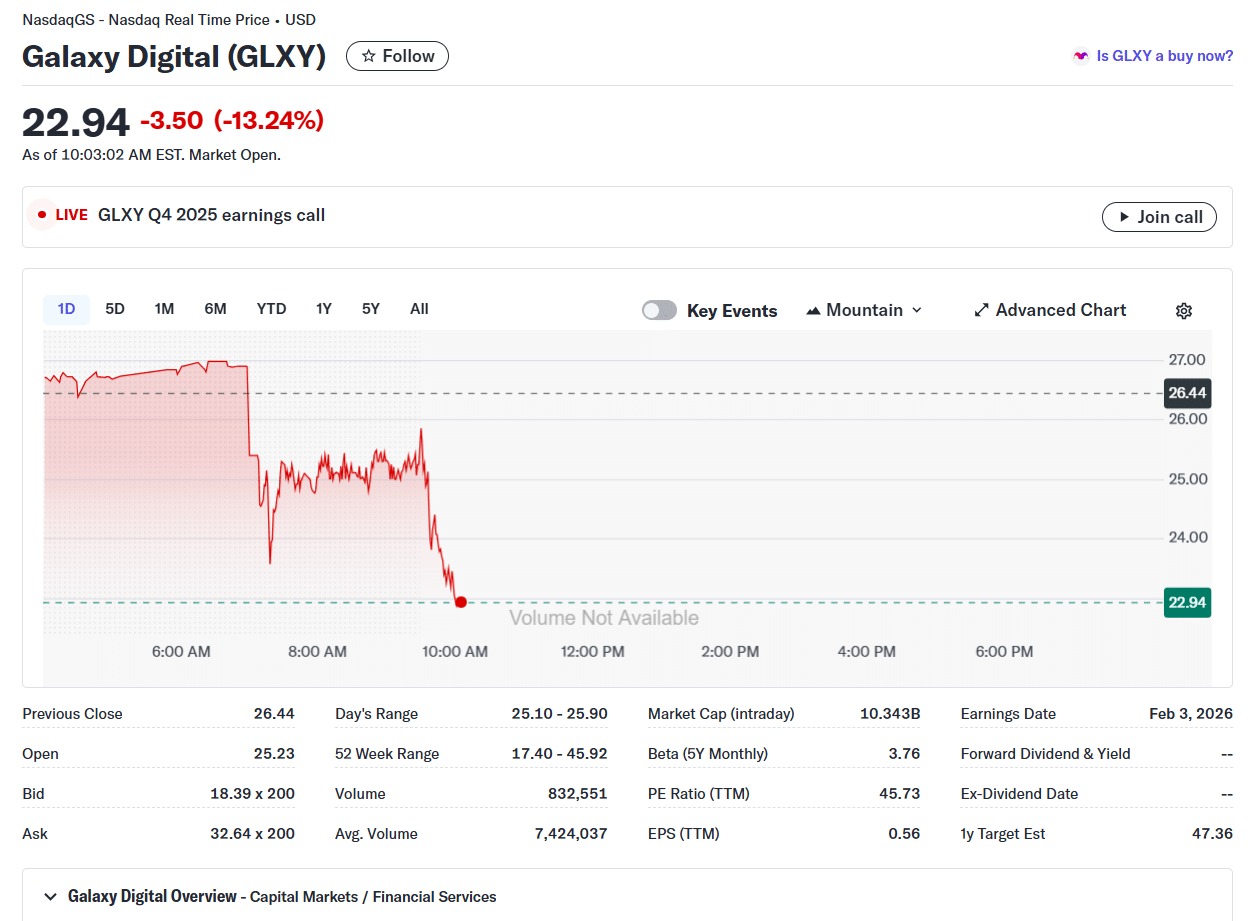Ondo Finance, a tokenized real-world asset protocol, unveiled a major expansion of its product suite at Ondo Summit 2026, launching equity perpetual futures, day-one IPO access, and a distribution partnership with MetaMask.
The rollout gives MetaMask users access to more than 200 tokenized stocks and ETFs directly inside the self-custodial wallet. The integration allows users to mint, redeem, and transfer tokenized securities with DeFi composability and peer-to-peer transferability.
Ondo also debuted Ondo Perps, a platform for perpetual futures trading on tokenized equities, ETFs, and commodities. Non-US users will be able to trade perpetual futures on US stocks and ETFs around the clock with leverage up to 20x.
The platform introduces a capital-efficient model allowing traders to use tokenized securities as collateral rather than stablecoins alone. Ondo said the approach improves execution, liquidity, and portfolio efficiency by eliminating double collateralization.
Another product unveiled was Ondo Global Listing, designed to bring US IPOs onchain the moment they begin trading. The system aims to give global investors tokenized IPO exposure on day one through permissionless, transferable listings compatible across major blockchains.
The announcements position Ondo to build a full-stack onchain capital markets platform spanning spot tokenized securities, perpetual futures, and primary market access.








